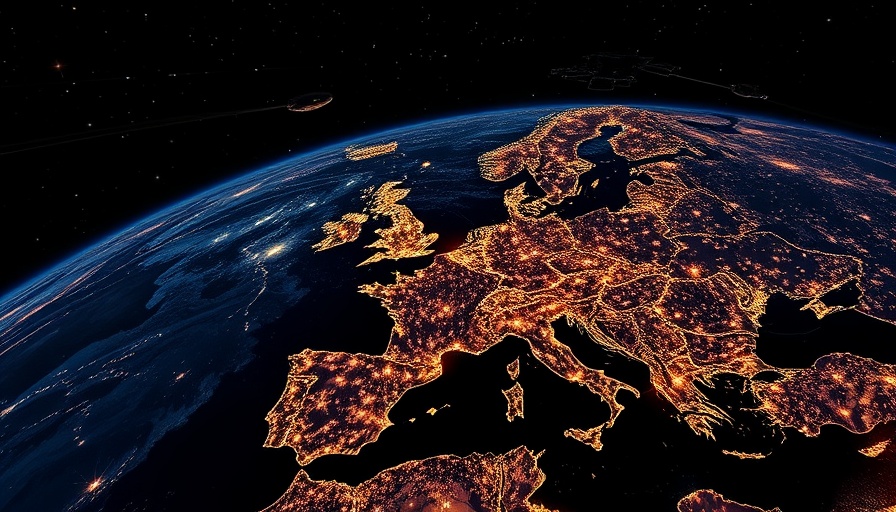
AI Boom's Impact on Climate Goals: A Critical Look
The United Kingdom is currently experiencing a surge in artificial intelligence (AI) advancements, prompting a discussion about the balance between technological progress and environmental sustainability. A recent report suggests that optimism surrounding AI's potential benefits may be masking the potential environmental impacts, especially in the context of climate goals.
The Dangers of ‘Magical Thinking’
This report warns against a mindset termed ‘magical thinking’, where stakeholders may assume that AI developments can automatically lead to positive outcomes for climate initiatives without appropriate checks. In reality, the environmental costs of AI technologies, including their carbon footprints and resource usage, need serious consideration.
Balancing Economic Growth and Environmental Responsibility
As AI booms, there's a temptation to prioritize economic growth over environmental stewardship. While innovations can help optimize resource management, they might also contribute to carbon emissions if the industry continues without appropriate regulation or consideration for sustainability.
This situation draws attention to industries across the board, from tech startups to established firms, which risk shortchanging their impact on climate goals amidst the excitement of rapid AI advancements. Leaders in these sectors must therefore act responsibly and integrate sustainability into their growth strategies.
The Future: Opportunities and Responsibilities
Ultimately, the report emphasizes the need for a balanced approach where technological energy aligns with climate actions. Collaboration among policymakers, technologists, and environmentalists is essential to create a proactive framework for ensuring that AI advances support rather than compromise climate initiatives. Recognizing the dual-edged nature of AI can pave the way for a future where innovation and ecological responsibility coexist.



Write A Comment